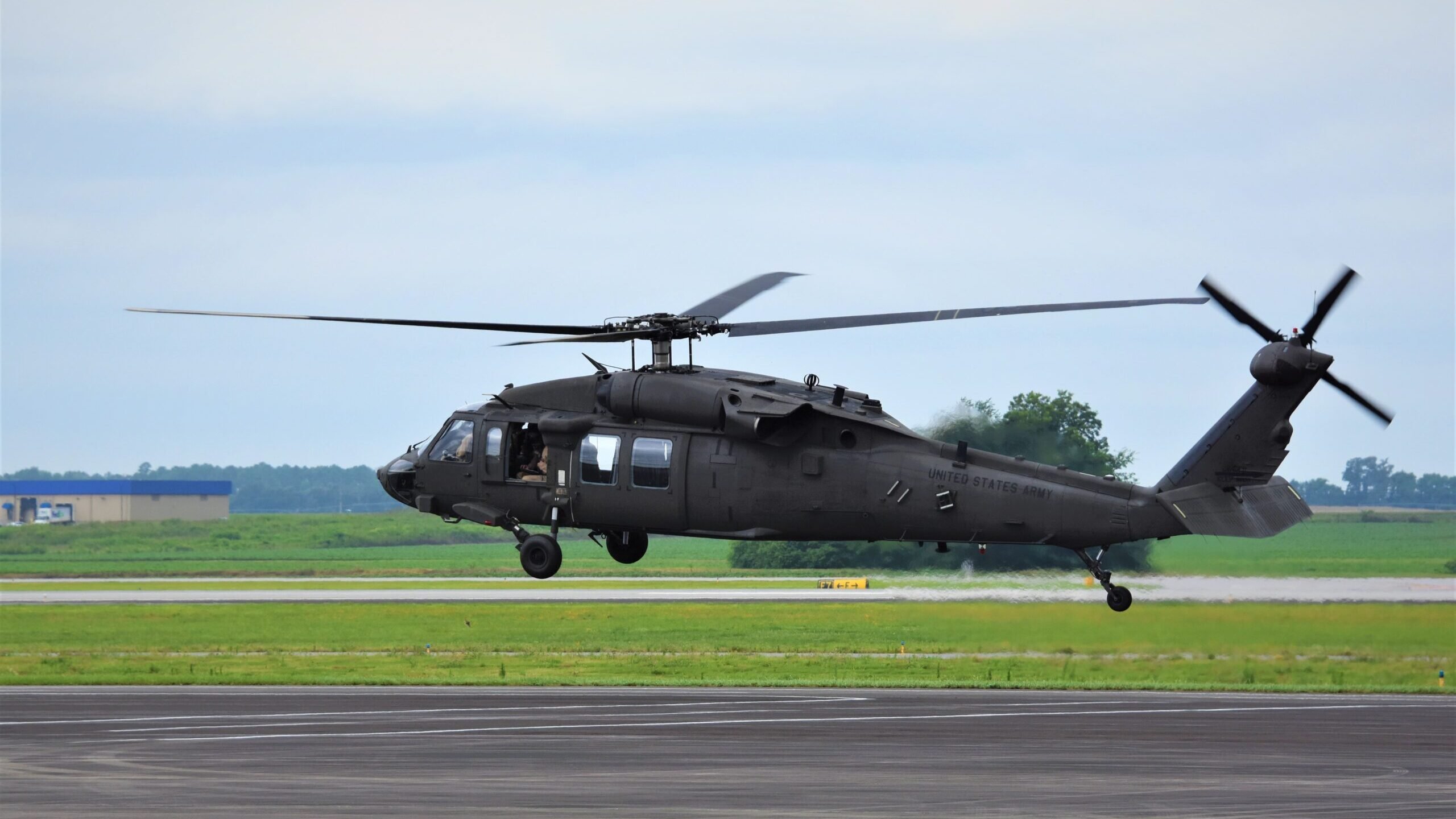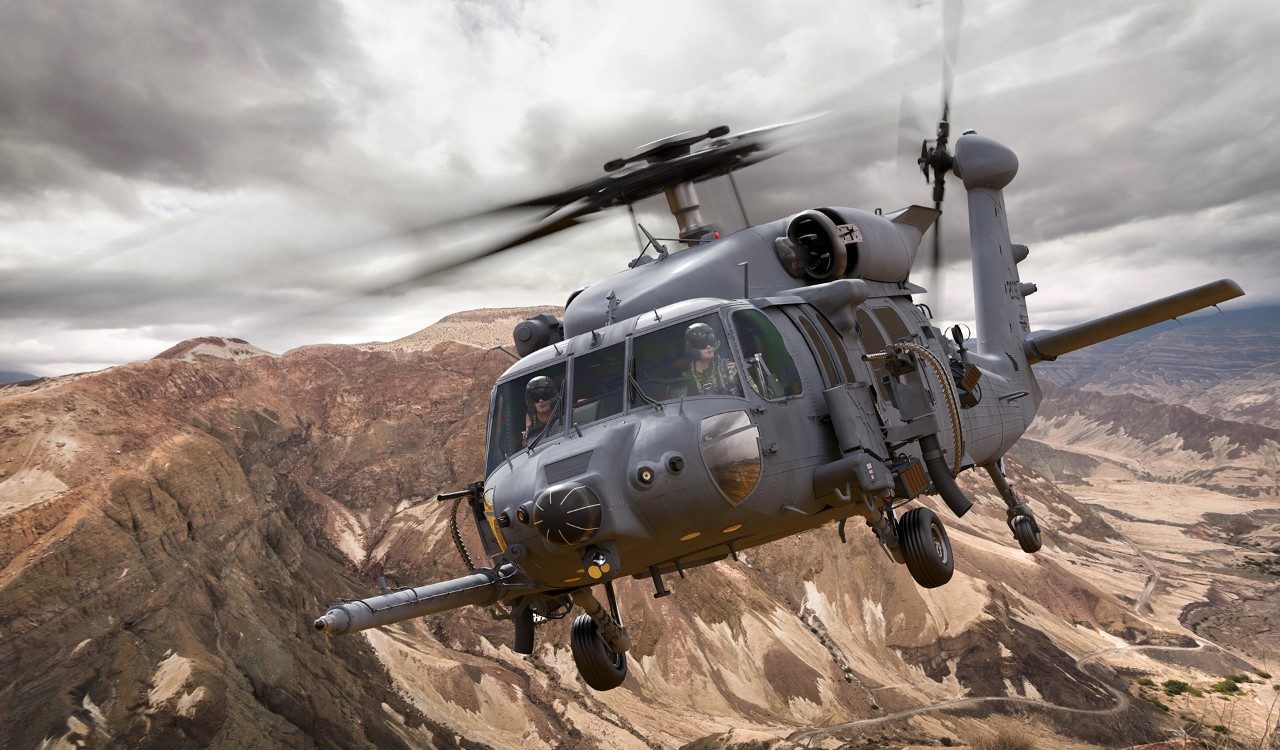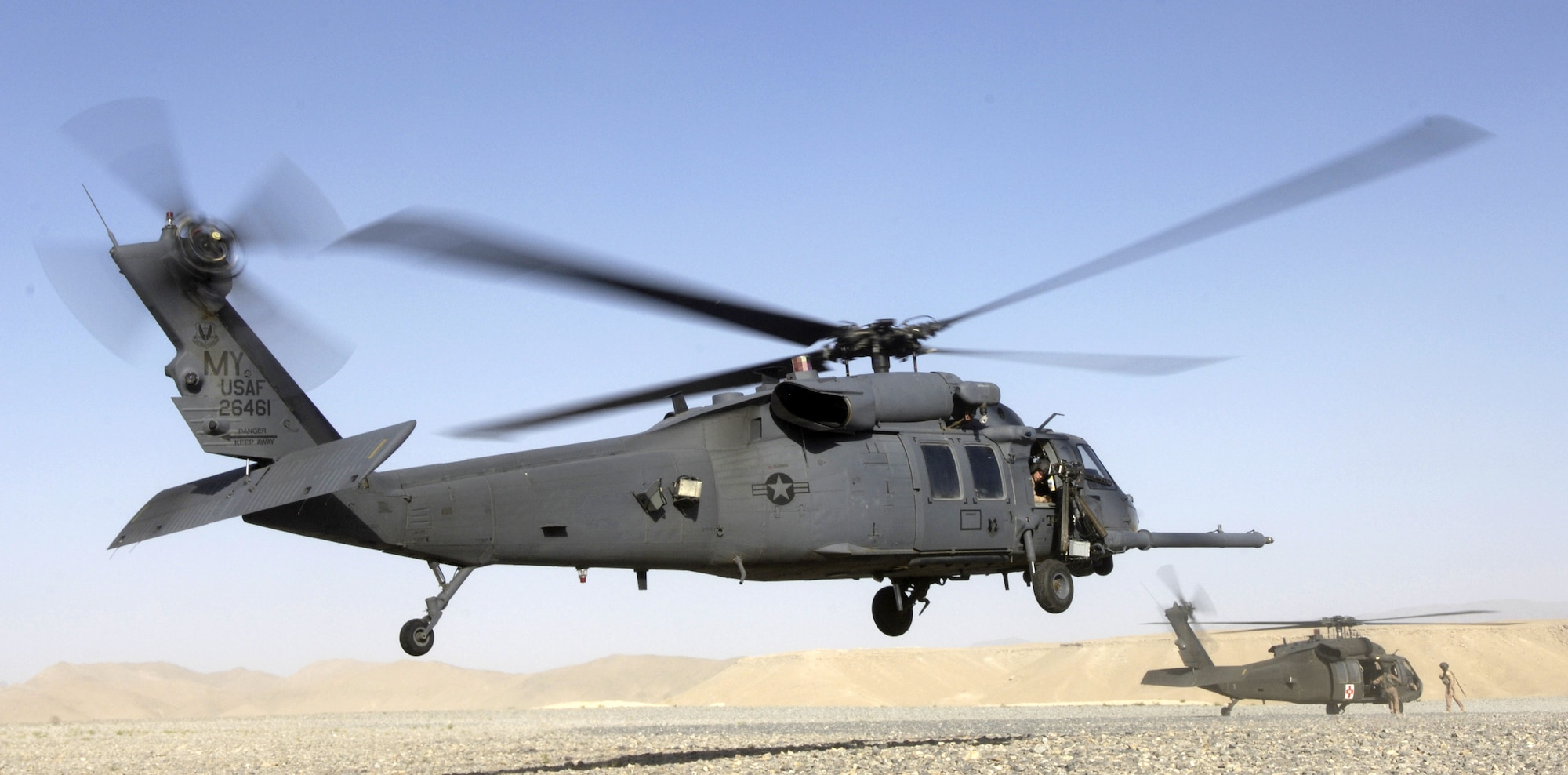The Duty of UH 60 in Modern Military Operations
The Duty of UH 60 in Modern Military Operations
Blog Article
The Effect of Sustainable Practices on the Future of Airplane Procedures and Emissions Decrease
As the aeronautics industry faces raising examination over its environmental impact, the fostering of sustainable practices arises as an important path towards future airplane procedures and exhausts reduction. Technologies in lasting air travel fuels and innovations in hybrid propulsion technologies stand at the forefront of this transformation, encouraging significant decreases in greenhouse gas exhausts.

Review of Lasting Practices
Lasting practices in airplane procedures incorporate a variety of strategies targeted at reducing environmental impact while maintaining operational efficiency. These methods are necessary in the aeronautics market's dedication to lessening its carbon footprint and sticking to international environmental standards. Key campaigns consist of maximizing flight courses to reduce gas consumption, enhancing upkeep methods to ensure aircraft operate at peak performance, and applying sophisticated modern technologies such as winglets and light-weight materials that boost the rules of aerodynamics.

Educating and engaging staff on sustainability methods likewise play a crucial function, cultivating a culture of environmental responsibility within companies. Generally, the combination of these sustainable methods not just aids minimize exhausts yet likewise boosts the long-term practicality of the aeronautics field, ensuring it fulfills the demands of both consumers and governing bodies while adding to global sustainability objectives.
Ingenious Fuel Alternatives
Countless ingenious fuel alternatives are emerging as crucial solutions to decrease the aviation industry's dependence on conventional fossil gas. Among these options, Lasting Aeronautics Fuels (SAFs) have acquired significant focus because of their possible to reduce lifecycle greenhouse gas emissions by approximately 80% contrasted to traditional jet fuels. SAFs are stemmed from numerous feedstocks, including waste oils, farming residues, and also algae, making them a flexible alternative for the industry.
Another appealing choice is hydrogen fuel, which, when used in fuel cells, produces only water vapor as a by-product. Additionally, electric propulsion systems are being checked out, leveraging battery innovation to power airplane.
Last but not least, biofuels stemmed from biomass are being investigated, providing an eco-friendly option that can be blended with standard gas. Collectively, these ingenious gas options stand for a vital action toward accomplishing a lasting air travel ecosystem, straightening with worldwide discharges decrease targets and boosting the industry's ecological stewardship.
Technological Improvements in Air Travel

Exactly how can technical developments improve the future of aeronautics? Innovations such as hybrid and electrical propulsion systems are at the leading edge, promising considerable decreases in gas usage and greenhouse gas discharges.
In addition, the implementation of innovative materials, such as lightweight compounds, contributes to improved aerodynamics and gas effectiveness. Making use of expert system and device knowing in trip operations maximizes course preparation and decreases fuel burn by making it possible for real-time modifications based on weather condition and website traffic conditions. Furthermore, the advancement of self-governing and from another location piloted airplane systems stands to change cargo and passenger try this web-site transportation, possibly raising efficiency while reducing human error.
In addition, lasting aviation technologies, consisting of sophisticated air website traffic administration systems, can decrease and streamline procedures blockage, leading to lower exhausts throughout trip. These innovations collectively stand for a standard change in aeronautics, guaranteeing a future where sustainability and functional effectiveness are linked, thereby sustaining the sector's dedication to lowering its ecological influence.

Regulative Framework and Conformity
In light of the growing focus on environmental stewardship within the aviation sector, the regulatory framework controling aircraft procedures is progressing to advertise lasting methods. Regulative bodies, such as the International Civil Aviation Organization (ICAO) and various national aviation authorities, are presenting strict guidelines focused on lowering exhausts and boosting functional efficiency.
These laws usually consist of the fostering of Lasting Aviation Gas (SAF), which has actually been recognized as a key part in attaining reduced carbon footprints. Furthermore, conformity with these regulations calls for airline companies to implement sophisticated technologies and functional methods, such as maximized trip courses and enhanced air web traffic monitoring, to reduce gas consumption.
In addition, the enforcement of exhausts trading systems and carbon countering initiatives is ending up being significantly common, engaging airlines to check and report their discharges properly. Non-compliance can lead to substantial charges, thus pushing operators to prioritize sustainability in their company versions.
Ultimately, the advancing governing landscape not just drives advancement and investment in eco-friendly technologies however also cultivates a culture of responsibility within the air travel industry. As these frameworks remain to create, the emphasis on lasting methods will certainly be essential to attaining the sector's long-term environmental goals.
Future Trends in Airplane Procedures
As the air travel sector adapts to a significantly strict governing environment, future trends in aircraft operations are established to concentrate on innovative remedies that better improve sustainability and efficiency - uh 60. Key advancements will likely include the fostering of advanced air traffic management systems, which utilize real-time information and man-made knowledge to optimize trip paths, reducing gas usage and exhausts
One more significant pattern is the enhanced assimilation of sustainable air travel fuels (SAFs) These choices to traditional jet gas, stemmed article source from eco-friendly resources, can significantly decrease lifecycle greenhouse gas discharges. The market's commitment to SAFs will likely speed up as airlines team up with gas producers to make sure schedule and cost-effectiveness.
Additionally, the push in the direction of electrification and hybrid propulsion systems is obtaining energy. Arising aircraft layouts will incorporate these technologies, providing quieter and much more reliable procedures, particularly for short-haul flights.
Final Thought
The fostering of sustainable aeronautics gas, combined with developments in electric and hybrid propulsion systems, is necessary visit the site for reducing lifecycle greenhouse gas emissions. Maximizing flight paths and embracing innovative innovations contribute to a quieter and extra ecologically pleasant air travel market.
Technologies in lasting aviation gas and developments in crossbreed propulsion technologies stand at the forefront of this improvement, appealing significant decreases in greenhouse gas emissions.Many cutting-edge gas choices are emerging as crucial remedies to lower the air travel industry's reliance on typical fossil fuels - uh 60. Among these options, Sustainable Aviation Fuels (SAFs) have actually obtained significant attention due to their prospective to decrease lifecycle greenhouse gas exhausts by up to 80% compared to standard jet gas.Another substantial pattern is the raised combination of lasting aviation gas (SAFs) The adoption of sustainable air travel fuels, combined with developments in hybrid and electric propulsion systems, is necessary for reducing lifecycle greenhouse gas discharges
Report this page